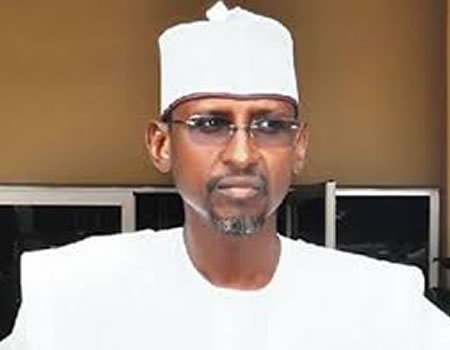Bello made this plea when he received the NERC Oshodi chairman, Professor James Momoh, in his office in Abuja.
He said that electricity supply was a major challenge in the territory because of so many roads and streets requiring streets lights, but poor allocation of power from the suppliers.
He suggested that the way out of this challenge could be the dedication of mini-grids to power strategic roads and facilities, adding that FCT required first-class power supply system.
ALSO READ: The Shiite killings
The minister, however, said there had been significant progress in power generation and supply nationwide since the inception of the President Muhammadu Buhari-led administration.
According to him, “no doubt about it, there is a substantial improvement in power, which is a reflection of government policy, government direction and the drive in of the Discos, Gencos, Transcos and you the regulator.
“FCT records over nine per cent population growth rate annually and there is the need to match infrastructure development with growth, regretting that funding is a challenge.”
The FCT minister recalled that before the unbundling and subsequent privatisation of power industry, FCT had made substantial investment in power infrastructure, noting that this necessitated discussions on how investments done in the past could be refunded.
Bello explained that the states that gave asset to Discos were also customers, adding that they should be on the board of NERC as part of decision making.
He also said Discos were not doing much in terms of backroom support and maintenance and protection of these assets.
Earlier, the chairman had proposed provision of support for implementing demand side management across FCT facilities in order to reduce electricity bills and space to establish an Energy Research Institute to promote Science, Technology, Engineering and Mathematics in the FCT.
While listing challenges faced by NERC in discharging its mandate,which include customers that are not enjoying reliable service, with nearly 50 per cent not having metres and the prevalent estimated billing system, Professor Momoh said the commission would not relent in its efforts to ensuring that every home is supplied with affordable, accessible and reliable power.
“There are challenges in doing this. We know that. Also, a sizeable part of the country’s population is not connected. As you go from Abuja to the villages, you find a lot of people in total darkness. They are not connected to the grid.
“However, the grid is passing by and nobody is connected. People are living in darkness when they have energised network passing through the villages. Customers are billed wrongly.
“Licensees are complaining too. I produced for N10 and I am being asked to collect N2. There is also inadequate revenue to efficiently operate and run the power sector, poor governance in terms of gownership,” he said.







